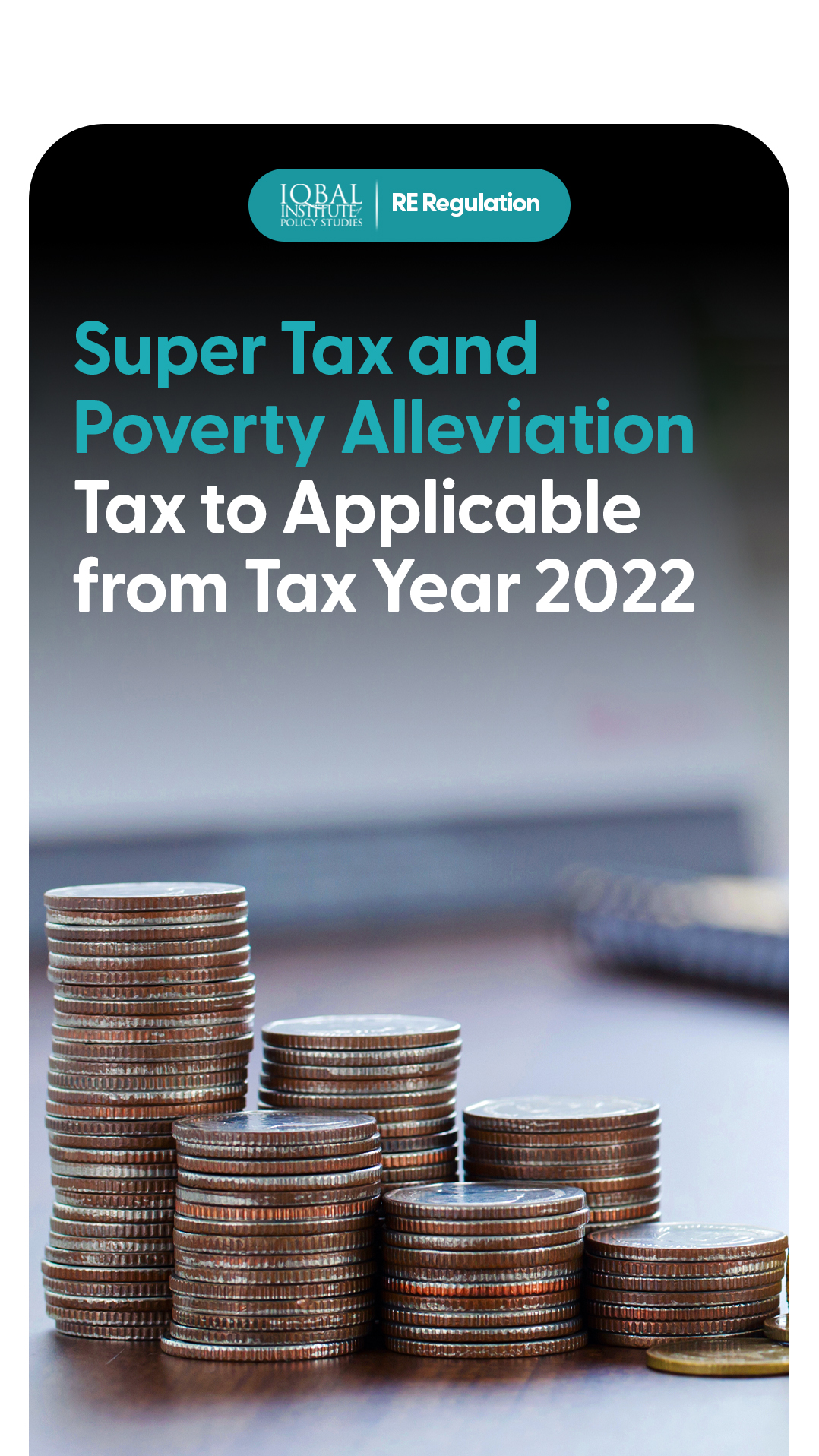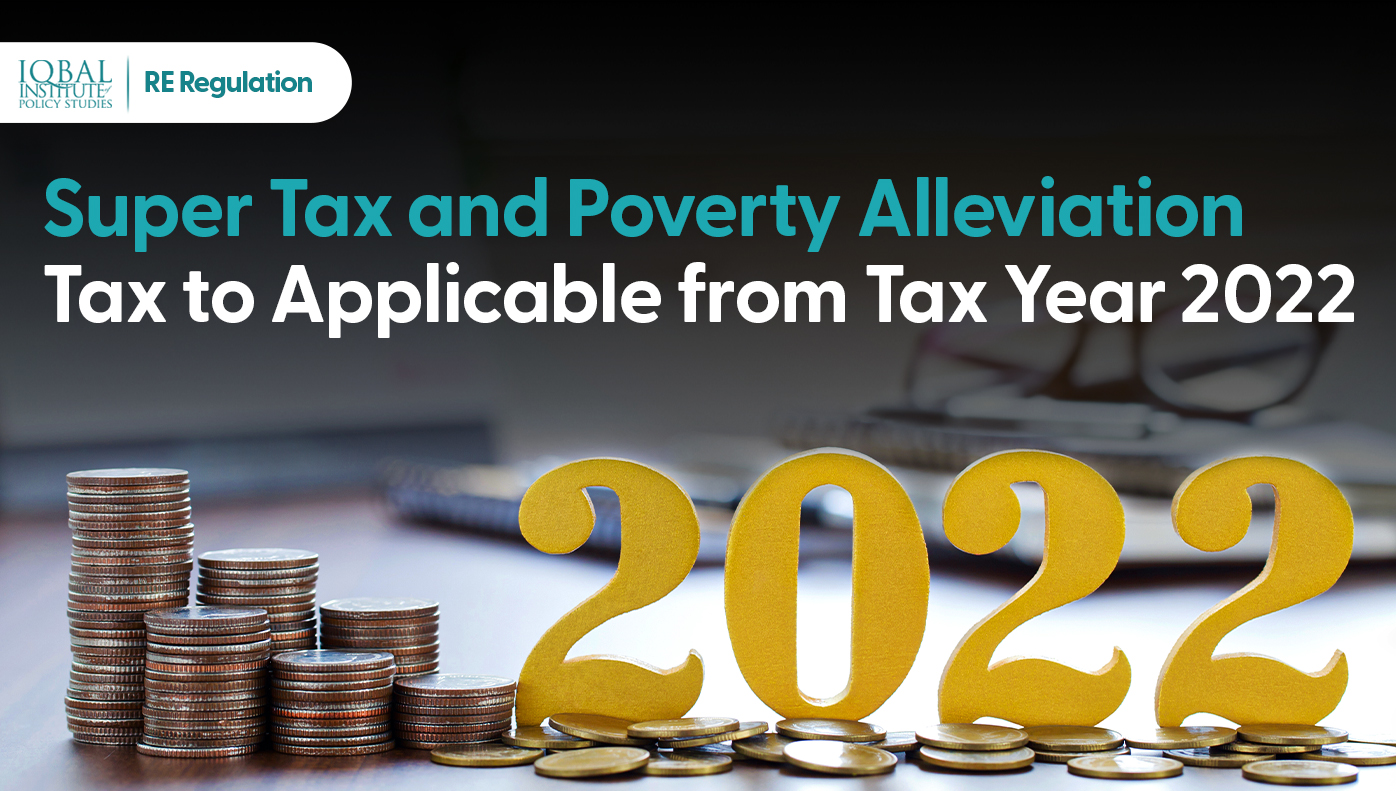The government has proposed various budgetary measures to overcome the country’s huge budget deficit and put the economy on the growth path. These measures include proposals for new tax systems and a hike in existing taxes etc.
Under these tax proposals, the government has introduced two new taxes, the super tax and poverty alleviation tax. With these two new taxes, the government is set to collect an estimated Rs80 billion from Super tax and Rs120 billion from Poverty Alleviation tax, which will retrospectively apply to companies and individuals.
Under the super tax, the maximum amount of tax paid by the persons and firms would be 4%. However, 13 sectors, including Cement, Steel, Sugar, Oil and Gas, Fertilisers, LNG terminals, Textile, Banking, Automobile, Cigarettes, Beverages, Chemicals and Airlines, will have to pay an additional tax of 6% over and above the 4% Poverty Alleviation Tax. The poverty alleviation tax will apply to firms and individuals with an annual income of more than Rs150 million.
Both these taxes will be applicable from the tax year 2022 to prevent the impact of these taxes from being passed on to the final consumers. It means the concerned sectors will pay the Super tax for the tax year ending 30 June 2022, except the financial sector like banks will have to pay the Super tax on the income declared for the year ending December 2021.
On the contrary, after the announcement of imposing these taxes, industrialists and manufacturers have started resisting such budgetary measures calling it an anti-industry step as it will affect the industrial growth and adversely affect many end-users. Large industries are already paying a hefty corporate tax of 29 per cent, but the additional 10 per cent of super tax will badly affect industrial production.
In Pakistan, industrialisation is picking up pace. However, tax measures will halt the process. The industry already contributes 56 per cent of the total revenue, and the sectors that will bear the brunt of the super tax contribute around 70% of the industry’s tax revenue. Therefore, this approach of taxing the already compliant taxpayers is not sustainable.



Leave a Reply